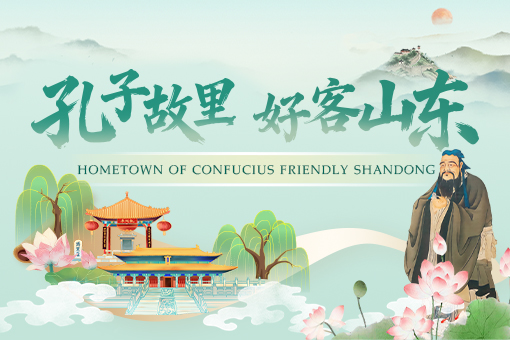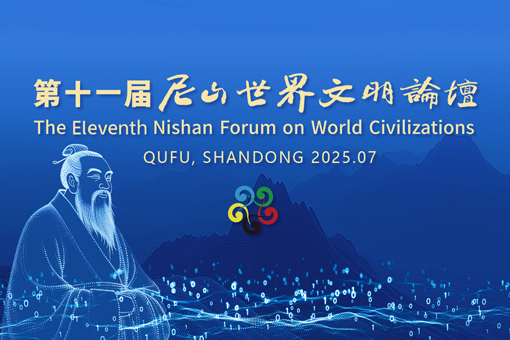Mutual respect seen as key to China-ROK ties
Peace on the Korean Peninsula "will be an unattainable scenario if there are security delusions relying on US military engagement", he added.
New achievements
Also on Wednesday, Premier Li Keqiang and ROK Prime Minister Han Duck-soo exchanged congratulatory messages.
Li said he hoped for new and greater achievements from the "healthy, stable development" of the China-ROK strategic cooperative partnership.
Han said he looked forward to both countries accelerating the second phase of negotiations on their bilateral free trade agreement and strengthening teamwork in areas such as supply chains, culture and environmental protection.
Reasonable approach
Lyu Chao, dean of Liaoning University's Institute of America and East Asia Studies, said the recent visit by ROK Foreign Minister Park Jin to China shows Seoul's pragmatic and reasonable approach toward its ties with China.
During recent official interactions, Beijing made a five-point proposal for the development of ties over the next 30 years, including that the two sides should "keep their positions independent and stay out of the disturbances from outside".
These proposals "stem from the experiences of the relationship over the past three decades, and they constitute a Chinese solution for the future development of relations", Lyu said.
Wang Junsheng, a researcher of East Asian studies at the Chinese Academy of Social Sciences, said the potential offered by the relationship is much greater than it was 30 years ago, which is a great chance for both nations, adding that there are a "number of challenges" due to US moves against China and the existence of the US-ROK alliance.
"The experiences in the past 30 years show that there is no such thing as a twin-track approach in which smooth economic collaboration could survive bilateral political tensions. A properly functioning political relationship is a precondition for successful economic and trade teamwork," he said.
"Currently, the greatest task for Seoul is to properly tackle the US-related factors. Only when its two-way relationship does not target a third party can both countries achieve the healthy development of their ties," he added.



 Embark on cultural trip in Shandong
Embark on cultural trip in Shandong Global civilizations shine at Nishan in Shandong
Global civilizations shine at Nishan in Shandong Explore Taishan Mountain's autumn splendor
Explore Taishan Mountain's autumn splendor

